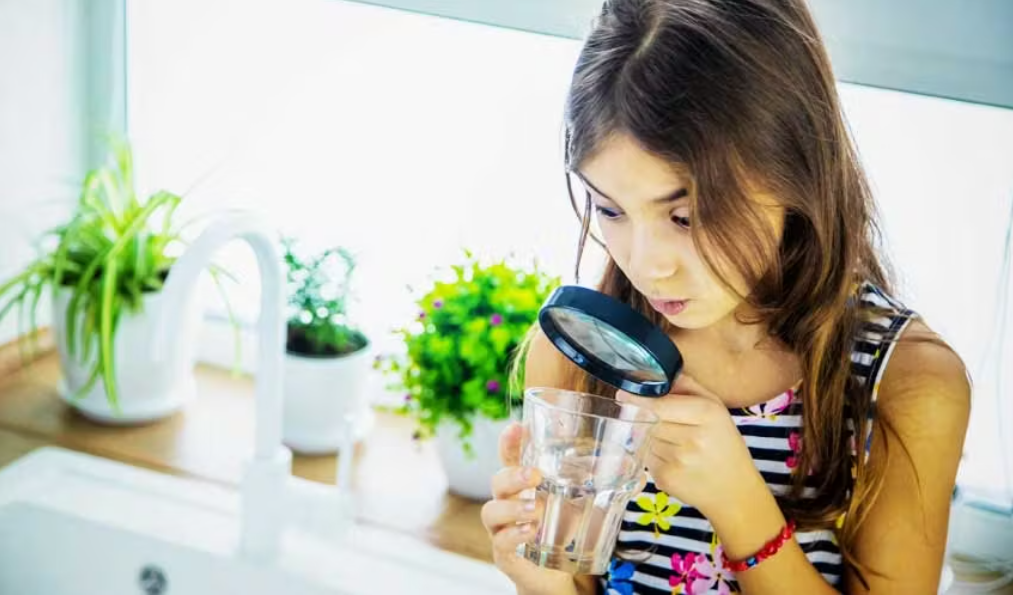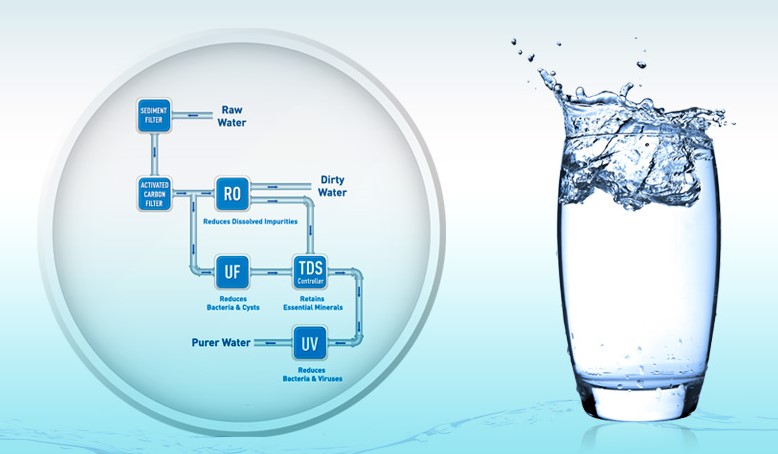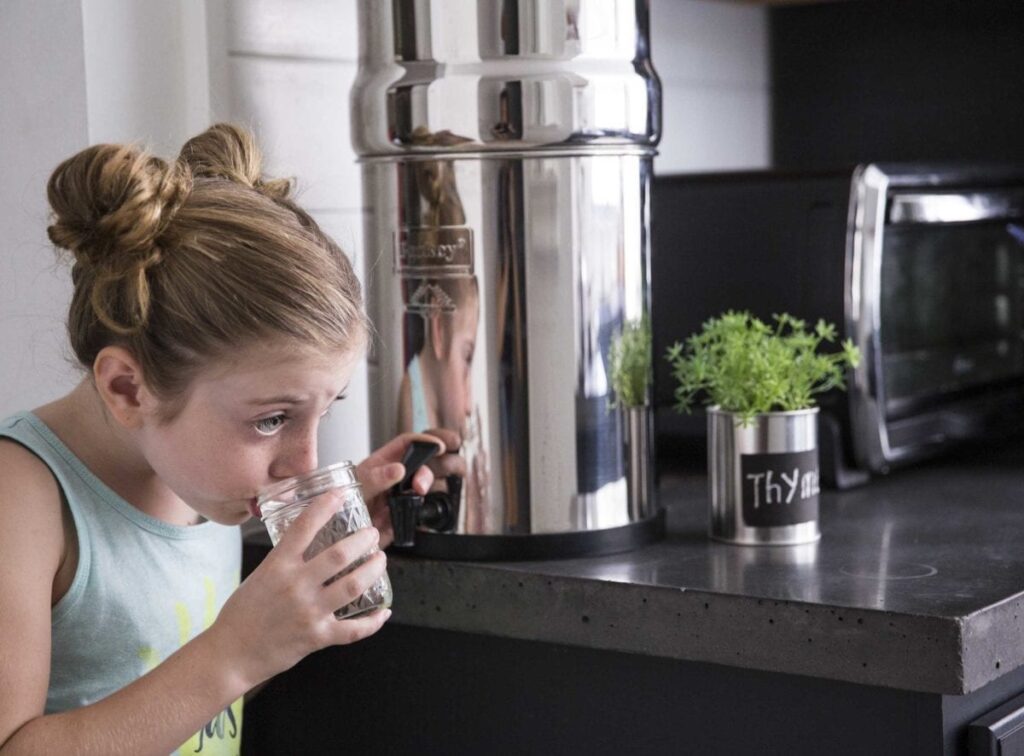
Water purity can be compromised during storage. Water filters and purifiers emerge as unsung heroes, diligently working to ensure the safety and quality of stored water. Let’s delve into their pivotal role in enhancing water quality and safeguarding our health.
Understanding water filters and purifiers:
These devices are ingeniously crafted to rid water of impurities and contaminants, thus enhancing its safety and quality for consumption. Filters trap physical particles, while purifiers utilize diverse methods, including chemical treatments and UV sterilization, to eliminate microorganisms and chemical pollutants.
Removing Physical Impurities
Stored water may harbour physical impurities like sediment, dirt, rust, and debris, compromising its clarity and taste. Water filters equipped with sediment cartridges, activated carbon, or ceramic membranes effectively capture these particles, leaving the water clean and visually appealing.
Eliminating Microbial Contaminants
Microbial contaminants, including bacteria, viruses, and protozoa, pose significant health risks if present in stored water. Water purifiers employ advanced technologies such as UV irradiation, reverse osmosis, and chemical disinfection to neutralize or remove these pathogens, ensuring water is safe for consumption.
Neutralizing Chemical Pollutants
Chemical pollutants like chlorine, chloramine, lead, pesticides, and volatile organic compounds (VOCs) can seep into stored water, compromising its safety and taste. Certain water filters and purifiers target these contaminants, effectively neutralizing them and improving water quality

Understanding different types of filters and purifiers:
Activated Carbon Filters: These filters are adept at removing organic compounds, chlorine, and unpleasant tastes and odours from water. By adsorbing impurities onto activated carbon particles, they significantly enhance the taste and quality of stored water.
Reverse Osmosis Systems: Ideal for comprehensive purification, reverse osmosis (RO) systems effectively remove bacteria, viruses, dissolved solids, heavy metals, and chemicals. These systems utilize a semipermeable membrane to separate impurities, yielding clean and purified water. Despite their efficiency, they may produce wastewater and require regular maintenance.
UV Water Purifiers: Employing ultraviolet light, UV purifiers disinfect water by disrupting the DNA of microorganisms, rendering them harmless. While effective against bacteria, viruses, and protozoa, UV purifiers do not remove other contaminants. They are often used as a secondary treatment method in conjunction with other filtration systems.
Ceramic Filters: These filters, crafted from porous ceramic material, efficiently remove bacteria, sediment, and turbidity from water. By trapping contaminants on their surface, ceramic filters allow clean water to pass through. While durable, they necessitate periodic cleaning to maintain efficacy.
Ion Exchange Resin Filters: Targeting dissolved ions and minerals, ion exchange resin filters effectively soften water by exchanging ions with those attached to the resin. They are beneficial for improving water quality and preventing scale build up in storage systems.
Gravity-Fed Filters: These portable filters rely on gravity to push water through a filtration medium, such as activated carbon or ceramic. Effective at removing impurities and sediment, gravity-fed filters are suitable for off-grid or emergency use. However, they may have limited capacity and flow rate.

Selecting the right filtration system:
1. Identify Contaminants: Assess the types of contaminants present in your water, such as bacteria, chemicals, sediment, or dissolved solids.
2. Consider Water Usage: Determine how you intend to use the water—drinking, cooking, or other purposes—to gauge the required level of filtration.
3.Evaluate System Compatibility: Ensure compatibility between the chosen filtration system and your water storage setup in terms of size, installation, and maintenance.
4. Budget and Maintenance: Factor in your budget and the ongoing maintenance needs of the filtration system, including filter replacements and cleaning.
5. Research Reviews: Consult reputable sources for product reviews and ratings to evaluate the effectiveness and reliability of filtration systems.
6. Seek Expert Advice: If uncertain, seek guidance from water treatment professionals to help you select the most suitable filtration system for your requirements.
By carefully considering your water quality, usage patterns, and preferences, you can choose a filtration system that optimally enhances the quality and safety of your stored water, ensuring access to clean drinking water and promoting environmental sustainability.


